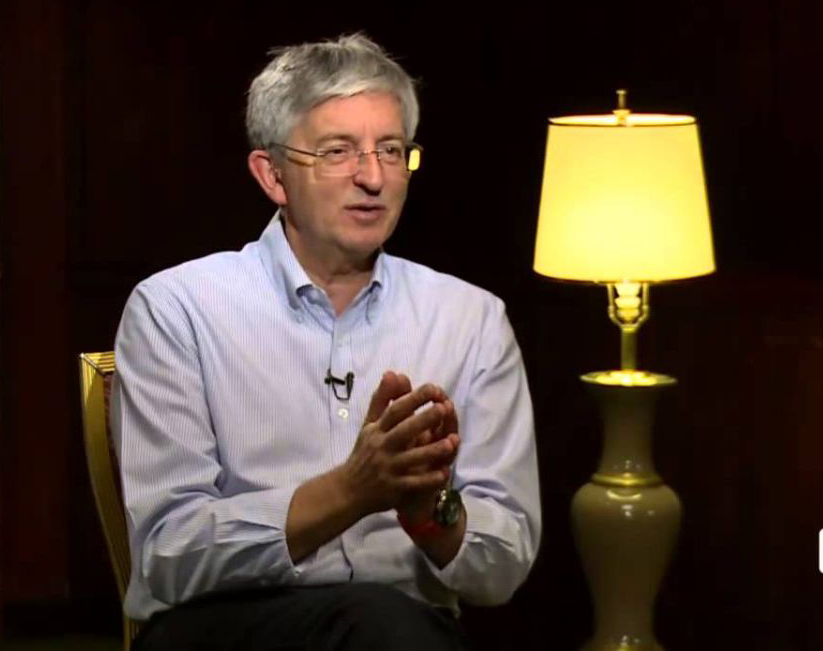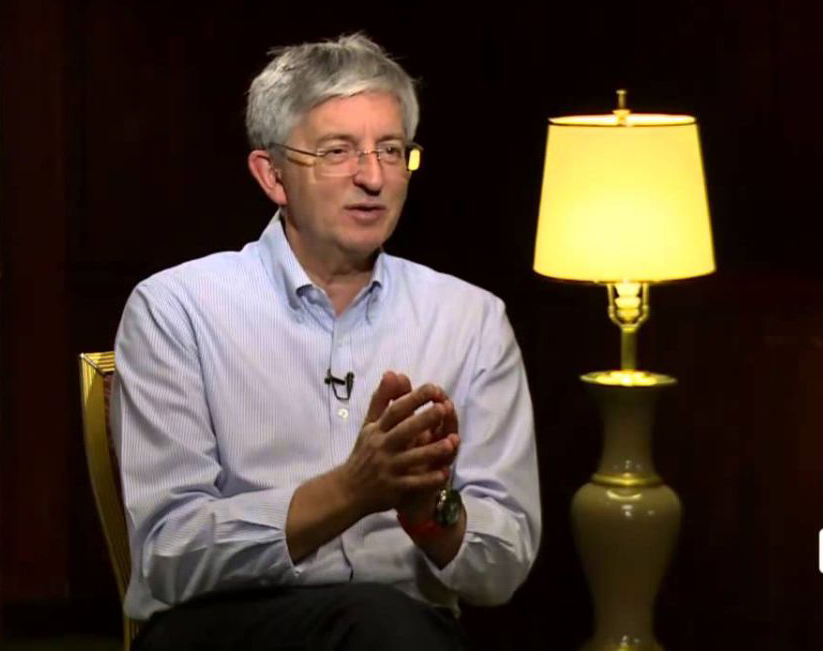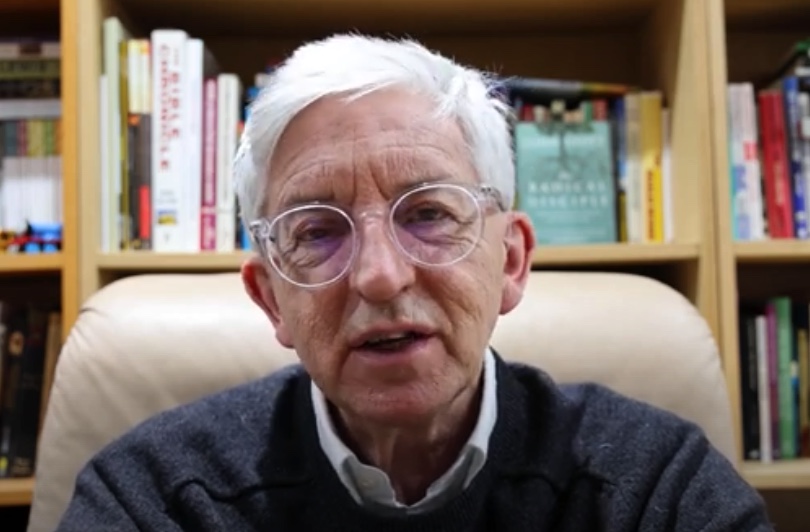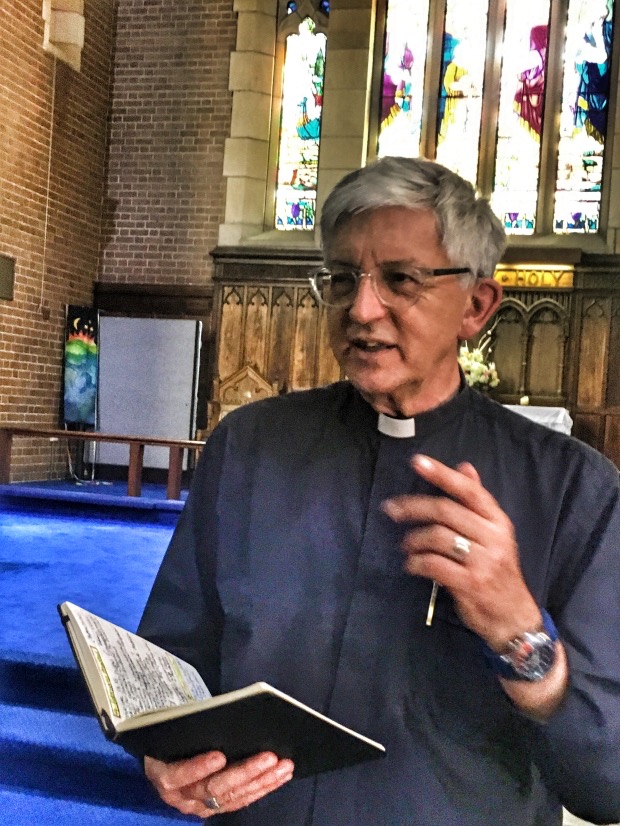
A homily given at the weekly Sabeel Jerusalem Service 25th April 2024
“I am the true vine, and my Father is the gardener. 2 He cuts off every branch in me that bears no fruit, while every branch that does bear fruit he prunes so that it will be even more fruitful. 3 You are already clean because of the word I have spoken to you. 4 Remain in me, as I also remain in you. No branch can bear fruit by itself; it must remain in the vine. Neither can you bear fruit unless you remain in me. 5 “I am the vine; you are the branches. If you remain in me and I in you, you will bear much fruit; apart from me you can do nothing. 6 If you do not remain in me, you are like a branch that is thrown away and withers; such branches are picked up, thrown into the fire and burned. 7 If you remain in me and my words remain in you, ask whatever you wish, and it will be done for you.” (John 15:1-7)
Who are God’s ‘chosen people’? Does God have one people or two? A simple question. In our gospel reading today, the Lord Jesus is crystal clear as to the answer. I am sure you have heard numerous sermons on John 15. We rightly focus on Jesus profound description of himself, “I am the Vine”. It is the last of the seven great “I am” statements Jesus made recorded uniquely in John’s gospel. What is the context? In Exodus 3, when Moses asks God his name, the Lord says “I am who I am. This is what you are to say to the Israelites: ‘I AM has sent me to you’” (Exodus 3:14). The website Got Questions has a helpful explanation.




